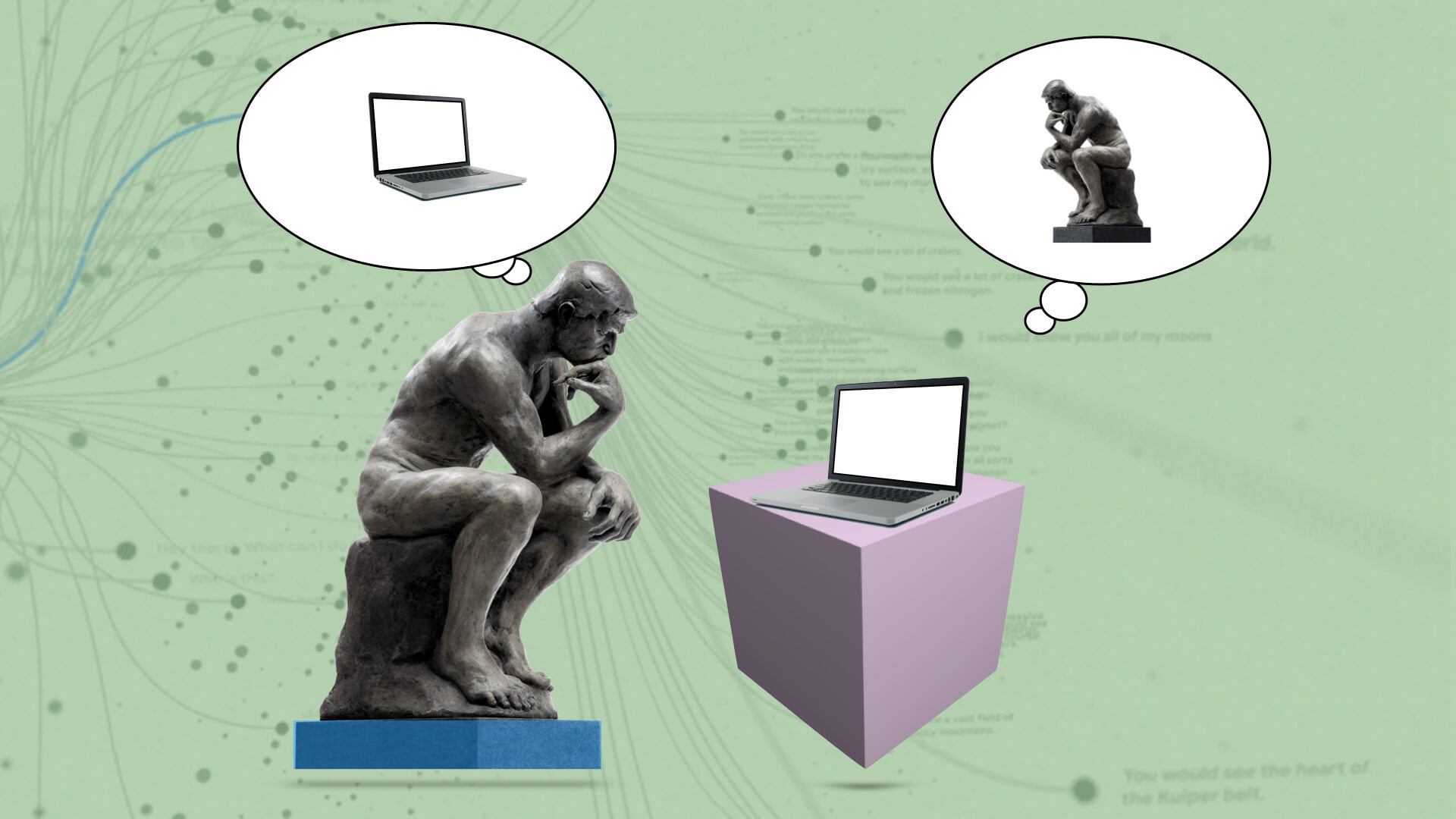Research: Gen AI
A (relatively) succinct take
on GenAI in Education
Since ChatGPT3 erupted into our lives, I have been playing, thinking, and writing about what it means for us as educators. There are just so many dimensions and it is difficult to capture all of what I have been involved in a succinct manner. But maybe this keynote I recently gave at a conference at the University of Michigan Flint captures some of the key ideas I have been struggling with. More at Generative AI in Education: Keynote at UofM Flint.
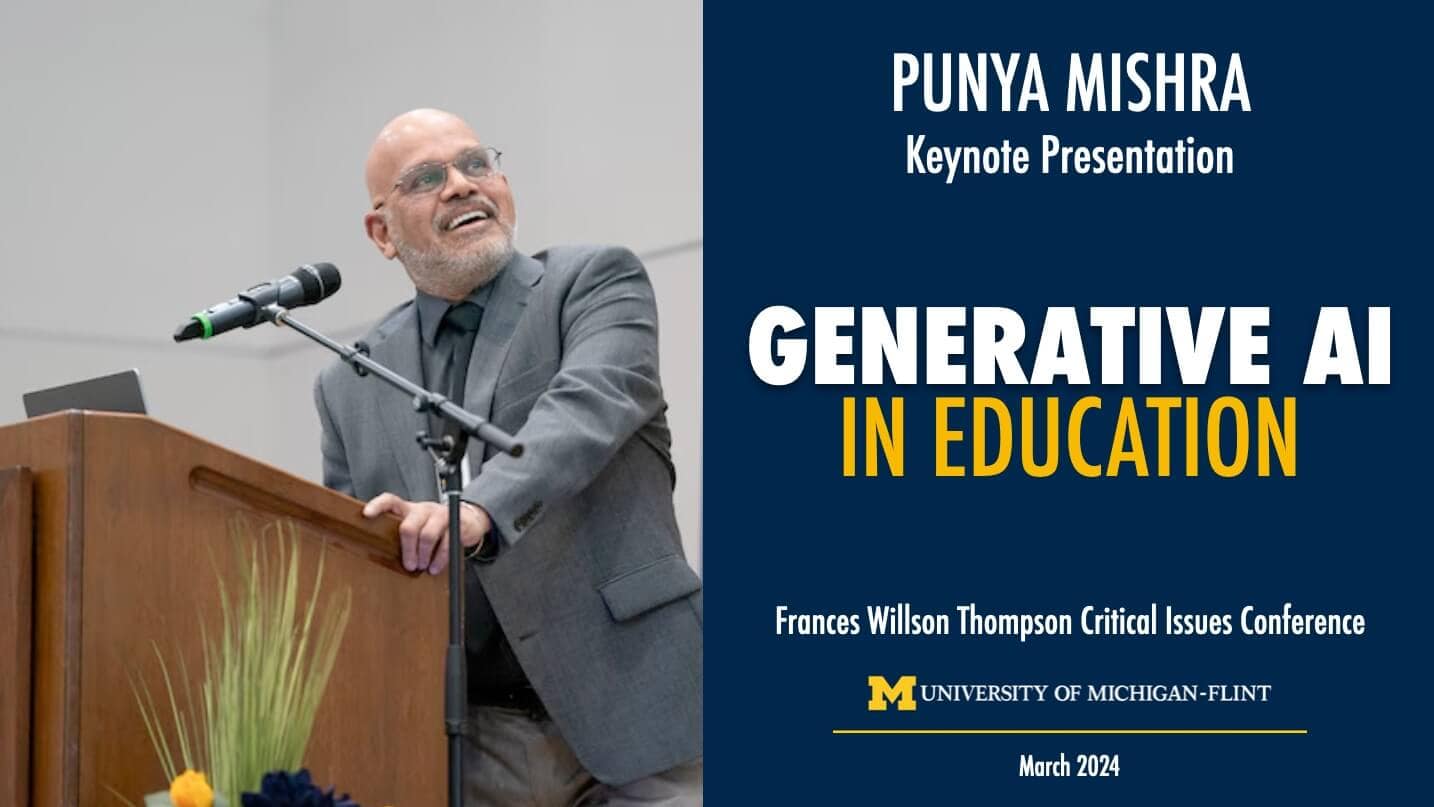
All my writing on GenAI
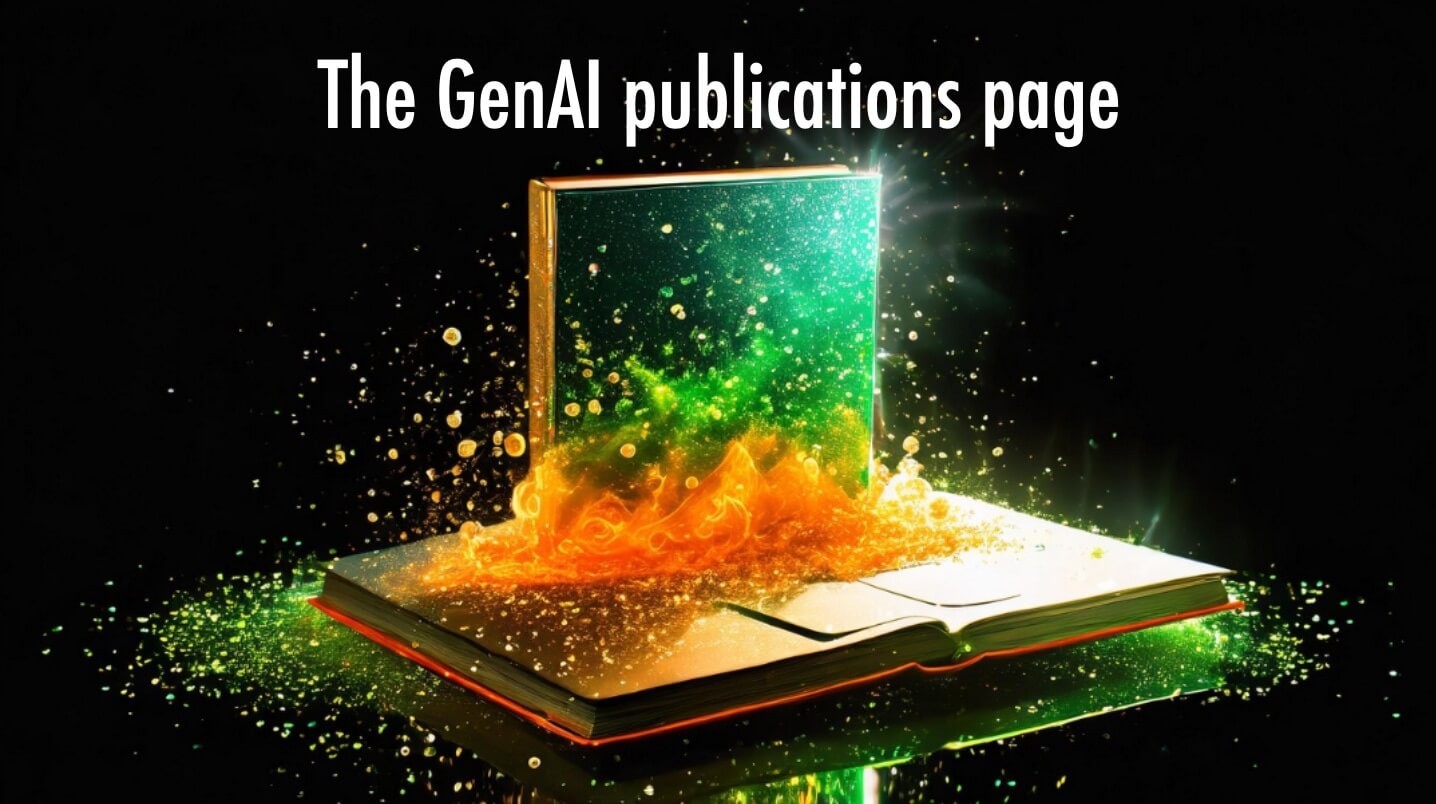
Over the past year and a half I have been writing quite extensively about generative AI and what this new technology means for us, as educators, learners and people in the world. To make it easy to find here are two key links:
- All my academic publications related to GenAI
- All my Blog Posts related to genAI
Gen AI is WEIRD
(and an aid to creativity)
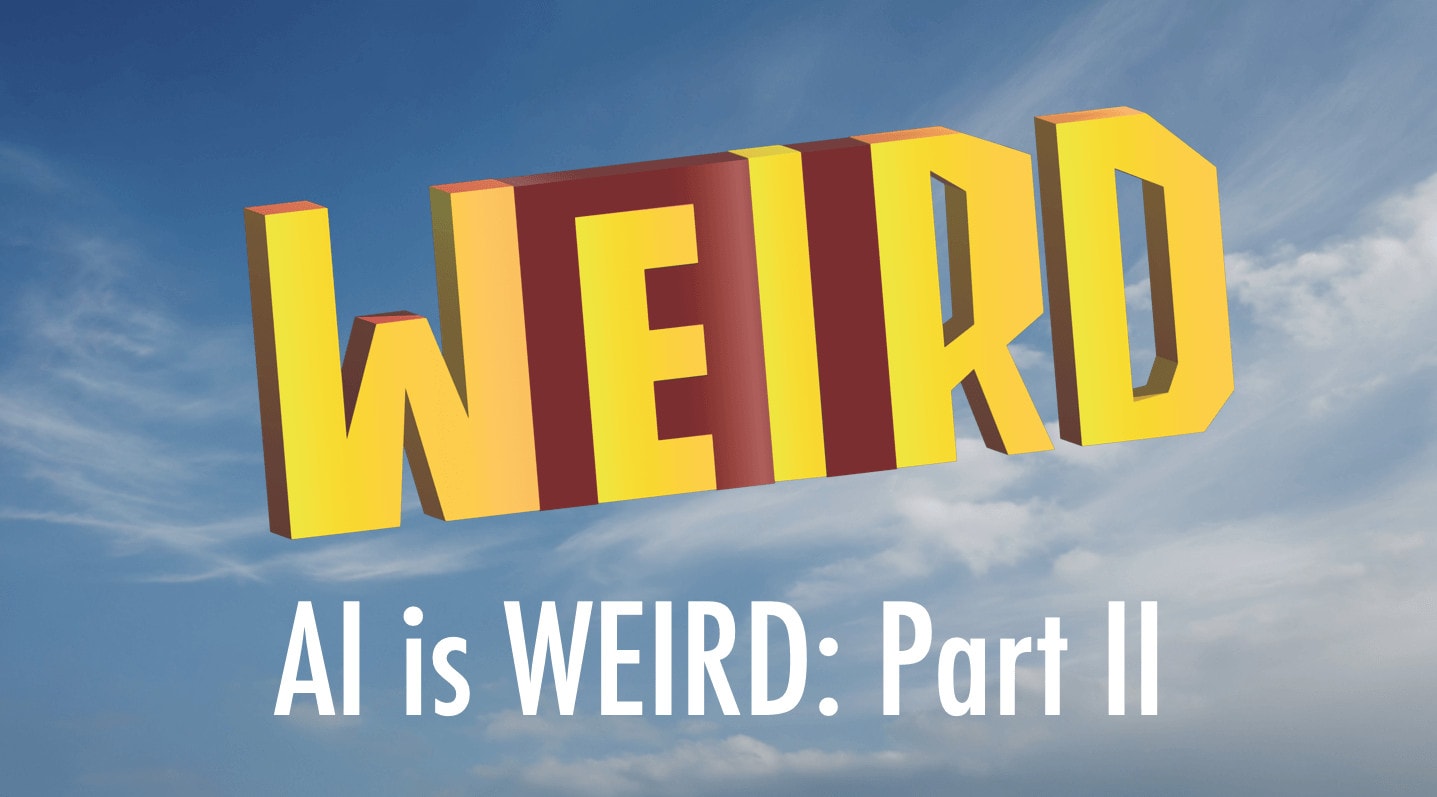
These large language models (LLMs) are weird along multiple dimensions, some of which I explore in these two blog posts (GenAI is weird I and II).
At the same time this “weirdness” is what gives Gen AI some its critical powers to help us become more creative, for instance in helping me write this Halloween story (Vikram or Vetaal). I do believe that these tools can be used creatively by educators and learners to enhance the educational process. These tools have given me super-powers that I did not have a few months ago, or even a few days ago! But what that will need an openness to experiment and play, to keep the technology in mind, even while we think of new ways of representing and engaging with content, and through that connecting with our learners, in specific contexts of use. More here…
Psychology of media:
Precursors to the current work
My current work on AI has been informed by some work I did almost two decades ago on the psychological aspects of working with interactive media. Building on Computers As Social Actors Hypothesis this line of work explores how people often respond to interactive media just as they respond to real people. For instance, research has shown that people are polite to computers, treat them as teammates, stereotype them, and feel flattered by them. Back in the late 1990’s and early 2000’s I was involved in a extensive research program that systematically explored the educational and design implications of this attribution of agency to interactive media.
This work drew upon evidence from cognitive science, developmental psychology, and evolutionary psychology to argue that this intentional stance is a “cognitive illusion,” that is the product of highly sophisticated, deeply entrenched inferential principles that are quite inaccessible to conscious introspection or voluntary control. This led to a range of articles and posts here are some key ones
- Mishra, P., Nicholson, M., & Wojcikiewicz, S. (2001/2003). Does my wordprocessor have a personality? Topffer’s Law and Educational Technology. Journal of Adolescent and Adult Literacy. 44 (7), 634-641.
-
Mishra, P. (2006). Affective Feedback from Computers and its Effect on Perceived Ability and Affect. Journal of Educational Multimedia and Hypermedia. 15 (1), pp. 107-131.
-
Can a computer program be sentient? Insights from Topffer (blog post)
GenAI and ethics
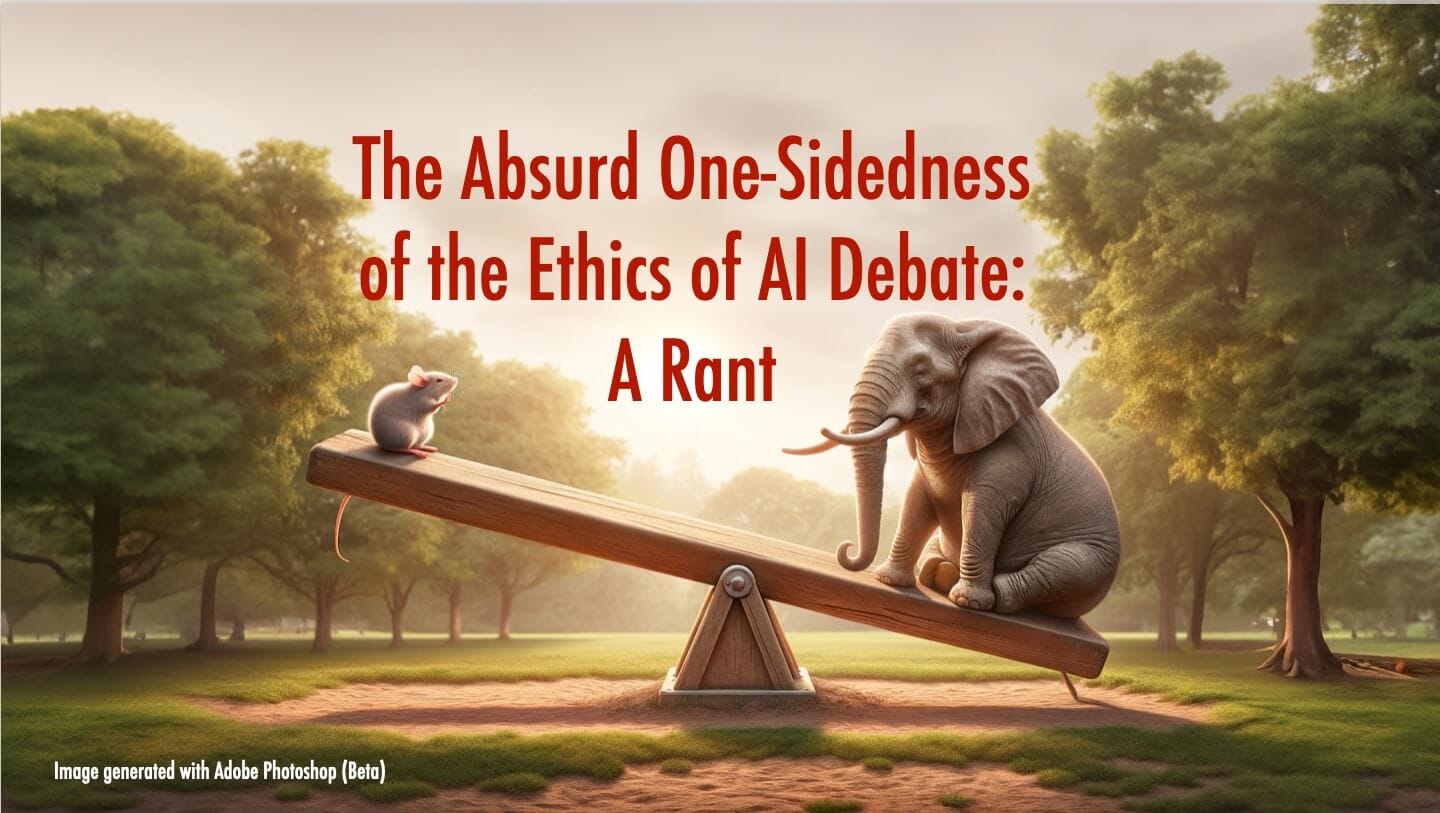
No conversation about AI and education is complete without discussing the importance of the ethical uses of the technology. I have, as most educators, been thinking about these issues and have written about them in this blog and in other academic outlets. Here are a few.
- The absurd one-sidedness of the ethics of AI debate
- GenAI: Will history repeat or (just) rhyme
- Close, K., Warr, M., & Mishra, P. (2023). The Ethical Consequences, Contestations, and Possibilities of Designs in Educational Systems. TechTrends. https://doi.org/10.1007/s11528-023-00900-7
- Implict bias in AI systems
- How to identify AI generated text
The true nature of GenAI
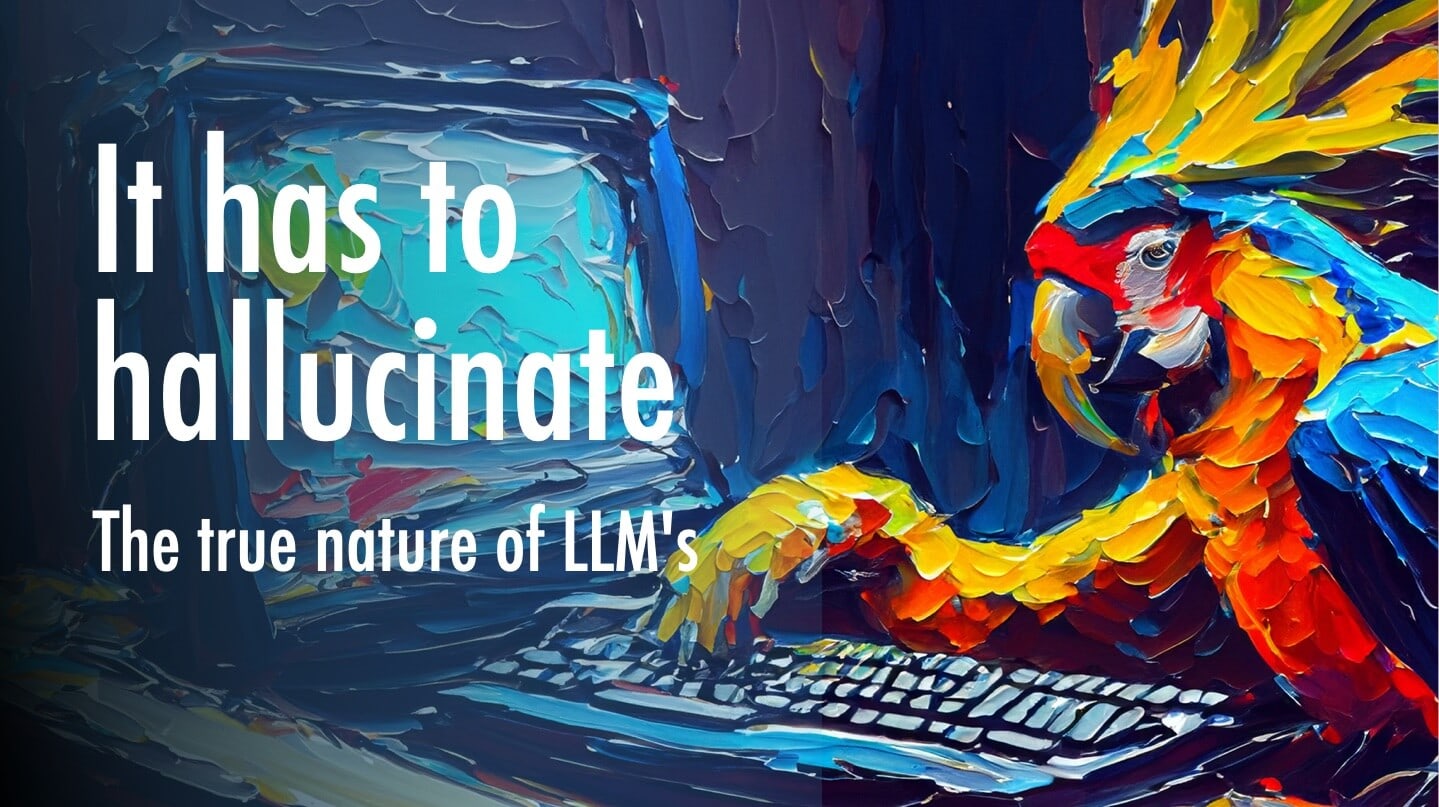 The most important insight concerning GenAI is philosophical in nature. These technologies require a shift in perspective from a mere utilitarian technological approach to a relational one. Traditional dichotomies—machine versus tool, tool versus object—blur and lose their relevance when we speak of GenAI. GenAI doesn’t just operate in isolation, but it interacts, learns, and grows through dialogue with humans. This collaborative dance of information exchange collapses the old boundaries that once defined our relationship with tools and technology. The meaning of these entities is not fixed or predetermined, rather, how we make sense of these new tools is emergent based on multiple rounds of dialogue and interactions with them, akin to how we engage, interact and learn from and with human correspondents. Thus, we’re not just users or operators, we’re co-creators, shaping and being shaped by these technologies in a continuous and dynamic process of co-constitution.
The most important insight concerning GenAI is philosophical in nature. These technologies require a shift in perspective from a mere utilitarian technological approach to a relational one. Traditional dichotomies—machine versus tool, tool versus object—blur and lose their relevance when we speak of GenAI. GenAI doesn’t just operate in isolation, but it interacts, learns, and grows through dialogue with humans. This collaborative dance of information exchange collapses the old boundaries that once defined our relationship with tools and technology. The meaning of these entities is not fixed or predetermined, rather, how we make sense of these new tools is emergent based on multiple rounds of dialogue and interactions with them, akin to how we engage, interact and learn from and with human correspondents. Thus, we’re not just users or operators, we’re co-creators, shaping and being shaped by these technologies in a continuous and dynamic process of co-constitution.
Teacher Knowledge (TPACK) in
an age of Gen AI
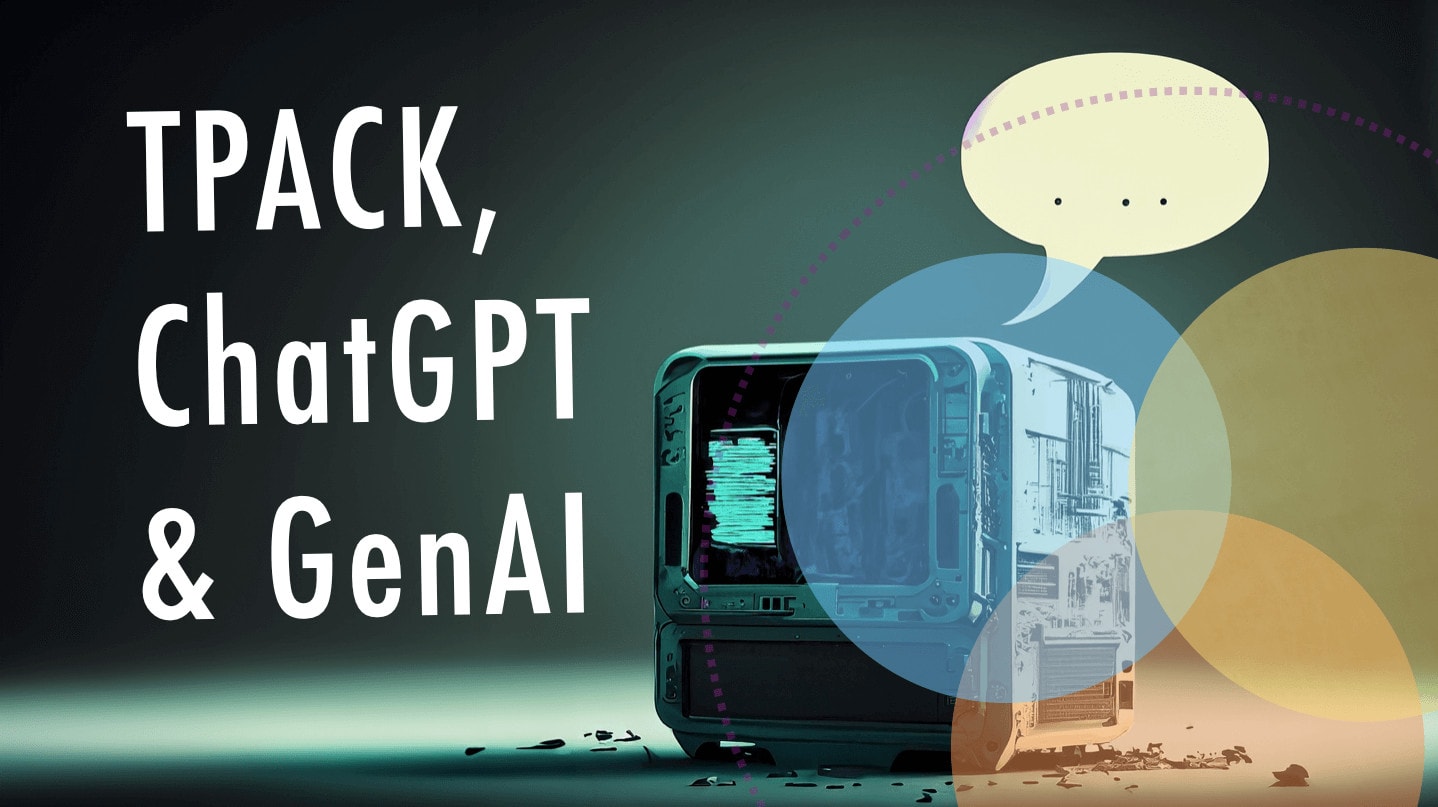
The rise of Generative AI (and tools such as ChatGPT) and their potential impact on education have been discussed and debated ad-nauseam. The key question, as teacher educators, is what it is that teachers need to know to intelligently integrate these technologies in their practice? We explore this and more in:
Mishra, P, Warr, M, & Islam, R. (2023): TPACK in the age of ChatGPT and Generative AI. Journal of Digital Learning in Teacher Education, DOI: 10.1080/21532974.2023.2247480
This paper, which received the JDLTE Outstanding Research Paper Award, brings together some early work on people’s psychological responses to media, my work on the TPACK framework, and our evolving understanding of these new technologies. An executive summary is available in 5 different languages: English, Arabic, Spanish, Mandarin, Portuguese and Turkish.
Also relevant:
Mishra, P., Oster, N., & Henriksen, D. (2-24). Generative AI, Teacher Knowledge and Educational Research: Bridging Short- and Long-Term Perspectives. TechTrends. https://doi.org/10.1007/s11528-024-00938-1
ChatGPT is a smart drunk (occasionally biased) intern
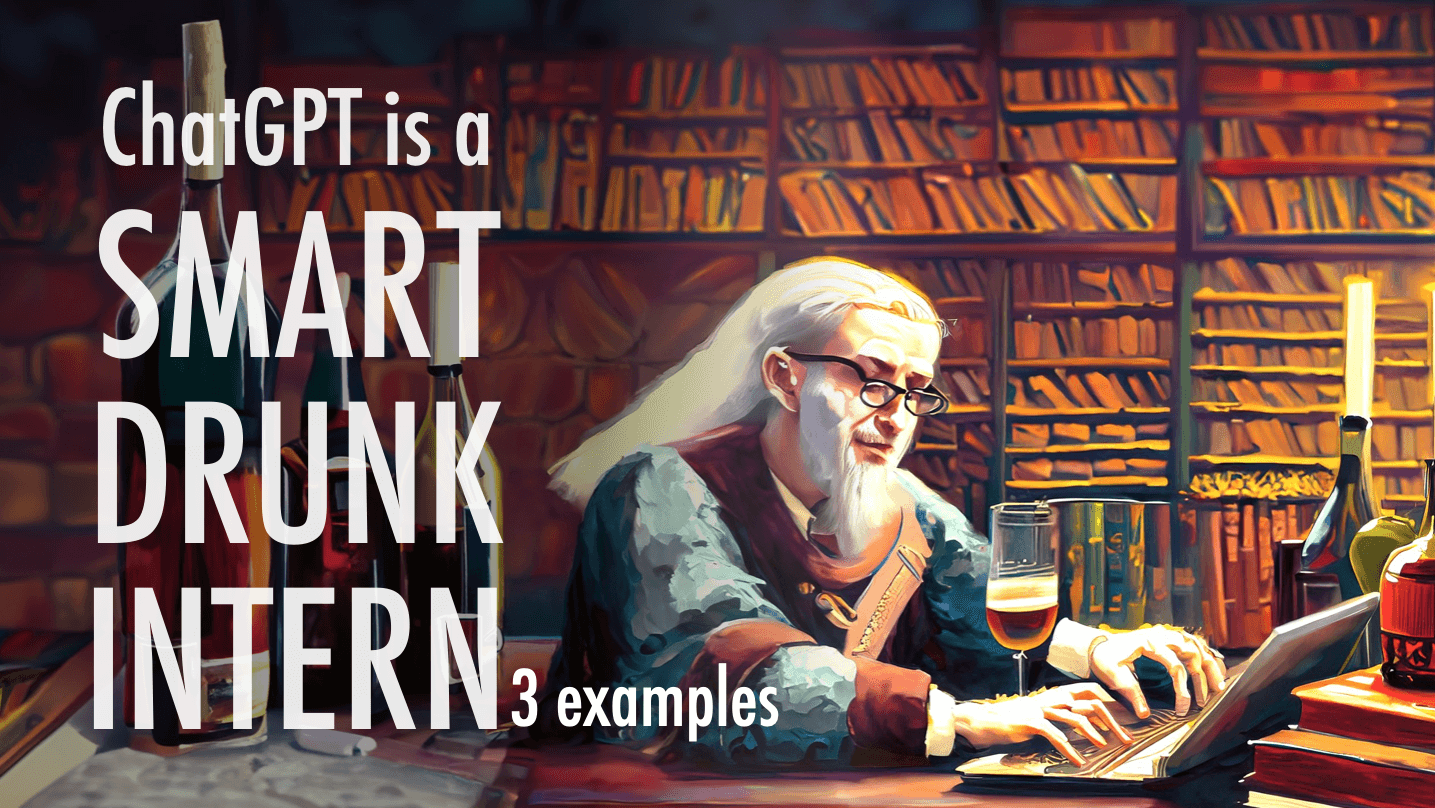
Working with generative AI is like having, at your beck and call, a really smart, but (occasionally) drunk, intern.
These tools are intelligent, in that they can go beyond the information given and have the capacity to learn, adapt, understand / handle abstract concepts and solve problems. Second, genAI is conversational, in that it uses language (a uniquely human capability), and can understand and respond to queries and prompts in a threaded manner, guided by context and the history of prior interactions. This combined with its expertise make it an ideal working partner, a smart intern as it were.
There you have it, a pretty smart intern.
Sadly, this intern sometimes hallucinates, and makes things up. Moreover, it is quite confident of the quality of its output. And as you can imagine, that can be a problem. That is where the “drunk” part comes in. This connects with some other writing I have done around the fact that ChatGPT is a bulls*** artist (building on philosopher Harry Frankfurt’s technical definition of the term). As he said, “Bullshit is unavoidable whenever circumstance require someone to talk without knowing what he is talking about” and that fact is deeply true of these large language models.
Understanding Media
(to better understand GenAI)
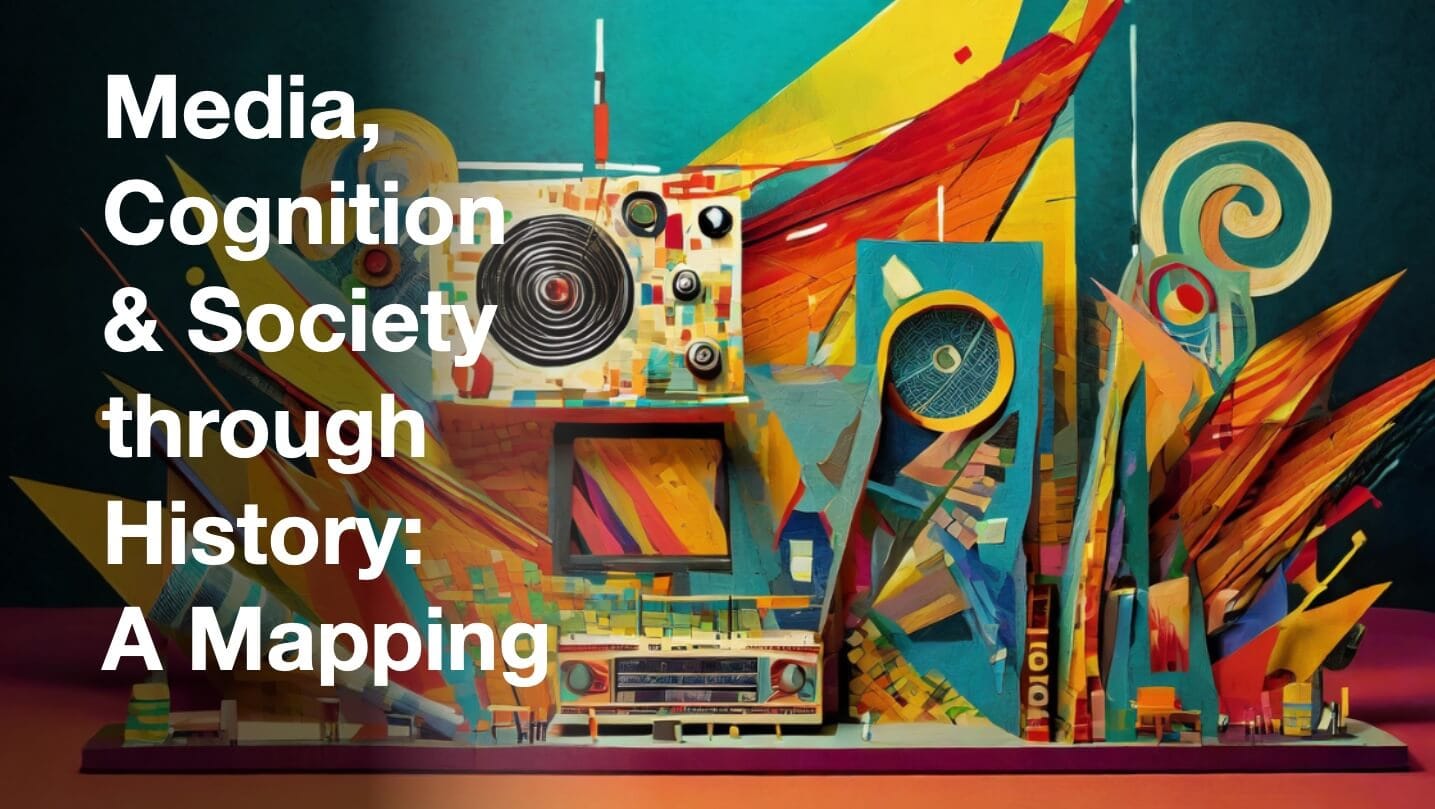
If oral cultures prioritize memory and print cultures emphasize systematic organization, what types of knowledge will AI systems foster?
The idea underlying this quote has been with me for a long time. In fact, the first academic paper I ever published, a book chapter titled Technology, Representation & Cognition with Rand Spiro and Paul Feltovich focused on exactly this question.
Essentially, media are the proverbial water that the fish does not see. I suggest that the development of media and communication technologies throughout history has profoundly shaped the creation, preservation, and dissemination of knowledge and culture, and through that the contexts within which education happens. From the oral traditions that shaped early societies through the impact of print, to the transformative influence of the internet and social media, each medium has left an indelible mark on the way we communicate, learn, and perceive the world. And this will be true of AI as well.
This is not to make a deterministic case for the impact of media. Technologies do not impose but they do open zones or possibility or support one way of thinking more strongly than another.
I have written extensively about this, from a post about LLMs and hallucination, to this series on how media influence our thinking and finally in this post titled Media, Cognition & Society through history
Blog posts related to Generative AI
Teacher Knowledge in the age of ChatGPT and Generative AI
Update March 2024: This paper received the JDLTE Outstanding Research Paper Award recognizing "the single article from the prior volume year with the highest possibility to advance the field of teacher education, based on the criteria of potential impact and...
ChatGPT is a smart, drunk intern: 3 examples
Harry Frankfurt the philosopher passed away, this past Sunday. He was 94. As the NYTimes obituary said, he was... ... a philosopher whose fresh ideas about the human will were overshadowed in the broader culture by his analysis of a kind of dishonesty that he found...
Creativity, AI & Education: A Reflection & an Example
Update (added March 17, 2024): There are a few more instances of using GenAI in creative ways that I would like to add to the list below, in particular 2 posts about using the the image analysis capabilities for ChatGPT: When AI can see and Total eclipse of the sun...
Wine + GPT4 + Code Interpreter: WOW!!
OpenAI just released Code Interpreter. It allows you to execute Python code within a live working environment. One of the things that it allows us to do is take data files and conduct data analysis and create graphs and charts. Not knowing what that meant I decided to...
STEM Ed & Robotics: A foreword
Vikram Kapila is a professor in the Department of Mechanical and Aerospace Engineering at NYU Tandon School of Engineering. Vikram and his research associate Purvee Chauhan recently published a book titled STEM Education with Robotics: Lessons from Research and...
TPACK in context: Call for papers
Technology integration in teaching is deeply rooted in specific contexts. One could argue that contextual knowledge is of critical importance to teachers and the absence of it would limit, in significant ways, their effectiveness and success as an educators seeking to...
TPACK Handbook, 3rd Edition: Call for proposals
I have been an academic for almost a quarter of a century (longer, if you include my years in graduate school), and it is a bit humbling that the work for which I (and my partner in crime, Matt Koehler) are best known for is the creation of a Venn diagram—which, when...
Talk at Fulton School of Engineering
Last August I was invited to speak at an event organized by the Ira Fulton School of Engineering's Learning and Teaching Hub. For some reason I had not posted about it — so better late than never... here it is, a 30 min talk followed by QnA....
TPACK & Philosophy
I often receive emails about the TPACK framework and even though I have not worked in that space for a while, I do feel obligated to respond. That said, I usually do not feel the need to document my responses. Once in a while, however, I get a question that demands a...
Plugin’ into superpowers
I have been playing with couple of the newly released ChatGPT plugins (you have to have the paid version to use them) and want to share some of my early experiments. The two I am going to talk about are the ChatWithPDF and the Wolfram plugins. Short answer, they are...
Coding with ChatGPT3: On gaining a superpower
I had heard that ChatGPT3 could help with writing code and just hadn't much time to play with it. Part of the reason is that I haven't really coded in almost 2 decades (maybe more) so was somewhat hesitant to jump in. But again I kept reading of people doing amazing...
Bringing Design to Education: Benjamin Cluff Jr. Lecture at BYU McKay School of Education
I was recently invited to present the Benjamin Cluff Jr. Lecture by the dean and faculty at the Brigham Young University, McKay School of Education. I had a short but lovely visit, meeting old friends, and making new ones. We had some wonderful conversations, over...
Good to be back, SITE 2023 New Orleans
The Society for Information Technology in Teacher Education conference has been an important part of my professional life for over two decades. My first presentation at a SITE conference was back in 2001 at Orlando, Florida, with none other than Matt Koehler. For the...
TPACK in EDTECHNICA
I have been a huge fan of EdTechBooks for a long time. Their philosophy of making quality textbooks freely accessible for all resonates with me deeply. It is no surprise that I was excited to hear of their latest initiative: that of creating a living encyclopedia of...
Cybersecurity & the Future of Education
I was recently interviewed by David W. Schropfer for his DIY Cyber Guy podcast. David is an expert on cybersecurity and, and that is the focus of his podcast. I am clearly not an cybersecurity expert, so I was somewhat surprised at being invited to his show. What...

